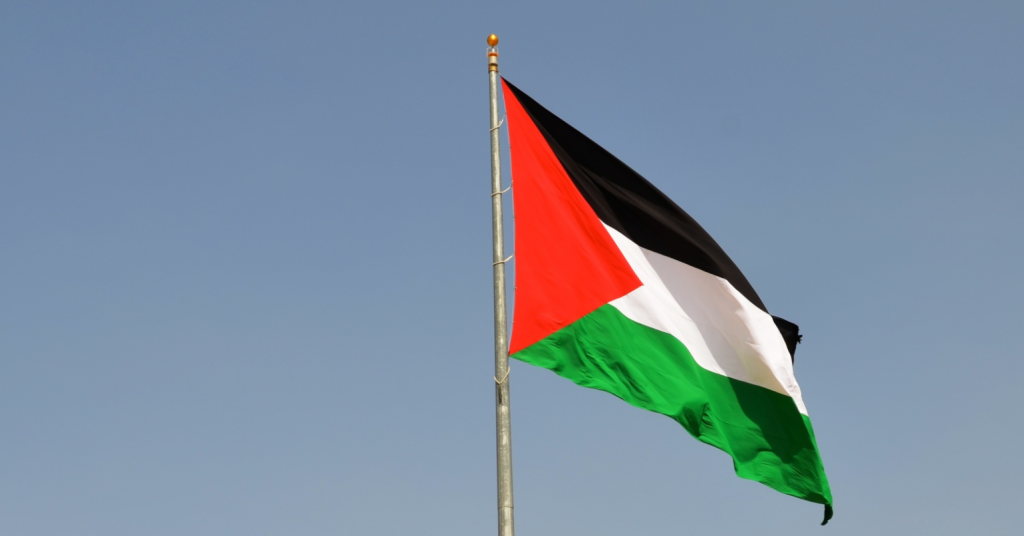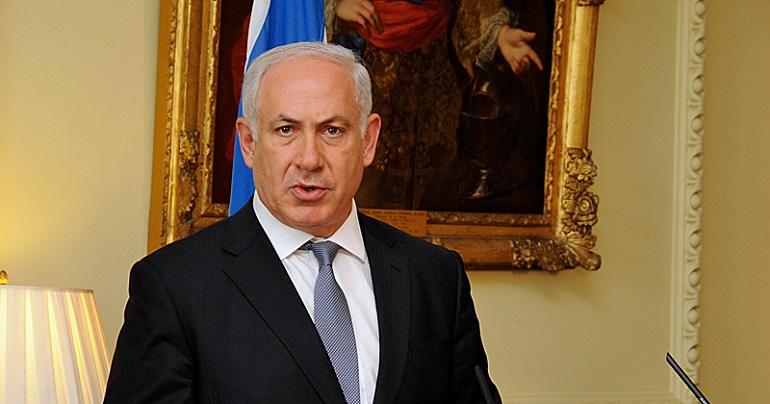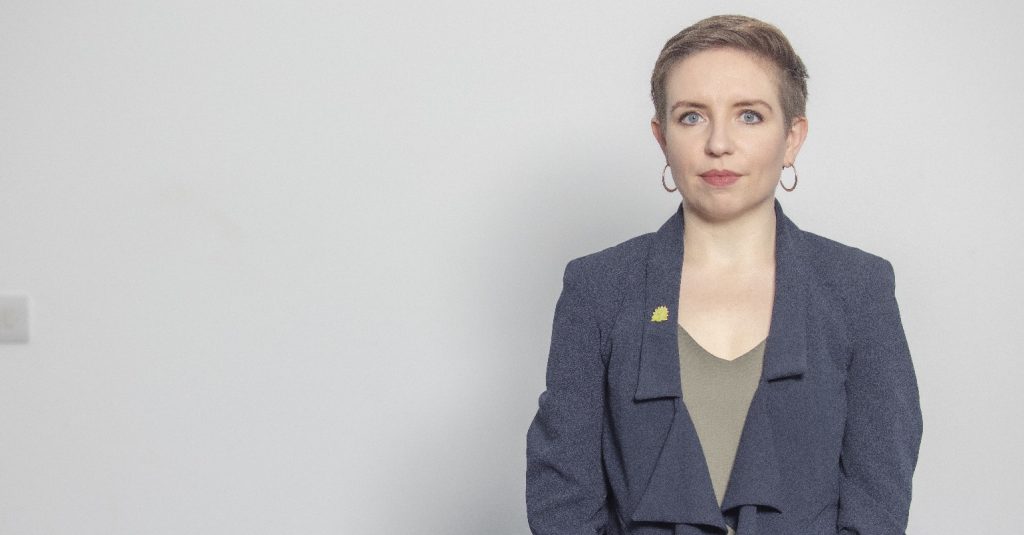Why a ceasefire, not a ‘pause’ is needed in Gaza

Two weeks ago, the House of Lords debated the situation in Gaza and Israel. When I spoke then, calling for an immediate ceasefire, as the Green Party has been doing since October 17, I reported one tally that 1,750 children had already been killed.
The total number of children killed, the United Nations has reported, has now – two weeks later – more than doubled, to 3,900, with the total death toll over 10,000.
Early last week, at a meeting with Medical Aid for Palestinians, I heard that – already – there were more than 200 families in which 10 or more members had been killed.
This is carnage, and a slaughter happening in full sight of the world, copiously documented from close-up photos and aerial images showing dense urban areas being essentially demolished by military attacks.
It has been happening with the explicit support of the UK and Australia (former prime ministers visiting just this weekend), and the United States, following the horrific attacks by Hamas in Israel on October 7.
But what a neither Israel nor its supporters are providing is any explanation of how they intend to end this situation, to find a sustainable, secure long-term future for Israeli and Palestinians.
Countries like the UK and the US that claim to believe in rule of law are supporting what looks like collective punishment for the Palestinian people – for nearly one million children who can in no way be held responsible for what Hamas did – something that is very clearly illegal under international law.
Much of the world is looking on in horror, and taking this as one more reason to draw back from even the lightest of support for Ukraine, despite that country’s unarguable position as a victim of Russian aggression and war crimes.
There are some 50,000 pregnant women in Gaza, the UN says. Every day, they are – under conditions of war – giving birth to newborns whose survival is gravely at risk.
At some point – hopefully very soon – the quiet, muttered suggestions of “humanitarian pause” will have to get louder. How many children blown to pieces are Washington and Westminster prepared to tolerate? There – surely – has to be a limit.
But a “pause” is not a ceasefire. How much thirst, hunger, disease and death from these threats are Washington and Westminster prepared to tolerate, when only a tiny fraction of the normal needs of Gazans are being allowed in through the Rafah crossing, never designed as a serious freight terminal?
Egypt is not going to open the Rafah crossing for more than a trickle of wounded and lucky holders of foreign passports. Two million people are trapped in a warzone as concentrated as a medieval city, and in conditions to which that adjective increasingly applies.
There will be a ceasefire at some point. The Israeli attacks have to stop.
Before that ceasefire inevitably comes, many more, maybe thousands more, children and adult civilians will die.
Very likely sadly, too, more of the people indefensibly taken as hostages from Israel will die.
For what will those people die? There is no evidence that another day, another week, will deliver any kind of resolution, a workable, peaceful future for all. Guns will not deliver that, only internationally arbitrated diplomacy.
As the UK UN Association has said, the International Criminal Court has a mandate to investigate any and all atrocities committed, and this is something that the UK – as an avowed supporter of the rule of law – should be highlighting and supporting, as the government has assured me it is doing in the case of Ukraine.
More, the UK, and any part of the world claiming to back a rules-based order need to pay attention to the West Bank, where it is clear Israeli settlers have been allowed to step up attacks intended to drive Palestinians off their land with impunity.
As I said in the House, UK foreign policy should have at its heart atrocity prevention: working with others to identify situations where violence is growing, rhetoric is stepping up, and international law is being breached.
And we should be humble, and constructive about our place in the international order, not seeking to sling our (limited) weight around, but rather to see where we can step in to help, to reinforce the forces of peace, the foundations of civil society, the rule of law.
PS. We hope you enjoyed this article. Bright Green has got big plans for the future to publish many more articles like this. You can help make that happen. Please donate to Bright Green now.
Image credit: Scottgunn – Creative Commons



Leave a Reply